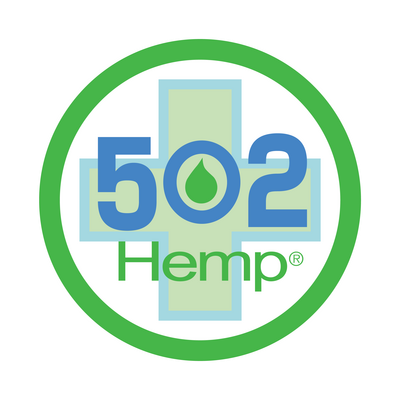Delta 8 and Delta 9 THC products are becoming increasingly popular, but with growing demand comes a wave of misinformation. Many products on the market claim qualities that sound appealing, but they can sometimes be too good to be true. If you’re looking to purchase Delta 8 or Delta 9 THC, it’s crucial to be informed and to avoid falling for false claims. Let’s break down some of the red flags and how to choose the best—and safest—products.
The Truth About “Organic” Claims
One of the top misleading claims you’ll encounter is that Delta 8 and Delta 9 products are “organic.” While it sounds ideal, the reality is that most Delta 8 and Delta 9 products are produced synthetically, not extracted organically from cannabis plants. Delta 8, in particular, is found only in trace amounts naturally and often requires a chemical process to create it synthetically from CBD. If a brand is heavily marketing its Delta 8 or Delta 9 products as “organic,” it’s worth scrutinizing further.
Instead of being drawn in by such claims, focus on product transparency. Does the brand disclose how their Delta 8 or Delta 9 is manufactured? Do they provide Certificates of Analysis (COAs) to back up their claims? These are much better indicators of product quality.
Tips for Choosing Quality Delta 8 or Delta 9 Products
If you’re unsure about which products to trust, here are some ways to evaluate the quality and authenticity of Delta 8 or Delta 9 options:
1. Read Reviews Carefully
Positive product reviews are often good indicators of quality and reliability. Spend time researching and reading what other consumers have experienced. Be cautious of products that have a flood of negative reviews, as complaints often highlight consistency issues, poor taste, or even adverse reactions.
2. Check the Taste
Flavor can be a surprisingly telling factor. High-quality Delta 8 and Delta 9 products often have clean, enjoyable flavors. If a product has a strong chemical aftertaste or bitterness, it could be poorly manufactured or contain impurities.
3. Choose Reputable, Established Companies
Well-established companies with a reputation for being active in their community are often safer choices. For example, businesses like 502 Hemp have built trust by staying transparent, answering customer questions, and maintaining strong community ties. These are the companies that go the extra mile to ensure quality and consumer education.
4. Look for Transparency and COAs
Trustworthy companies will provide a Certificate of Analysis (COA) for their products, usually available on their website. COAs are third-party lab reports that show the cannabinoid profile and confirm the absence of harmful contaminants like pesticides or heavy metals. If a company doesn’t provide COAs or hesitates to share them, that’s a major red flag. Again, brands like 502 Hemp lead the way by making COAs easily accessible online, ensuring customers know exactly what’s in their products.
5. Choose Brands That Are Available to Answer Questions
Brands willing to answer your questions about their products are usually more invested in customer satisfaction and safety. Whether it’s through in-store teams or online customer support, prioritize companies that take the time to educate you about Delta 8 or Delta 9 THC.
Stay Smart and Safe
The Delta 8 and Delta 9 THC market can be an overwhelming space with many options and claims. By staying informed and focusing on reputable companies and transparent practices, you can avoid being duped by false or misleading claims. Trustworthy companies like 502 Hemp can make a world of difference in helping you find the right product while feeling secure in your choice.
When it comes to Delta 8 and Delta 9 THC, research is your best friend. Stay cautious, stay informed, and enjoy these products responsibly with brands you can trust.
Looking to try high-quality Delta 8 or Delta 9 products? Check out 502 Hemp for a selection you can trust and transparency you can count on.
*The statements made regarding these products have not been evaluated by the Food and Drug Administration. The efficacy of these products has not been confirmed by FDA-approved research. These products are not intended to diagnose, treat, cure or prevent any disease. All information presented here is not meant as a substitute for or alternative to information from healthcare practitioners. Please consult your healthcare professional about potential interactions or other possible complications before using any product. The Federal Food, Drug, and Cosmetic Act requires this notice.
